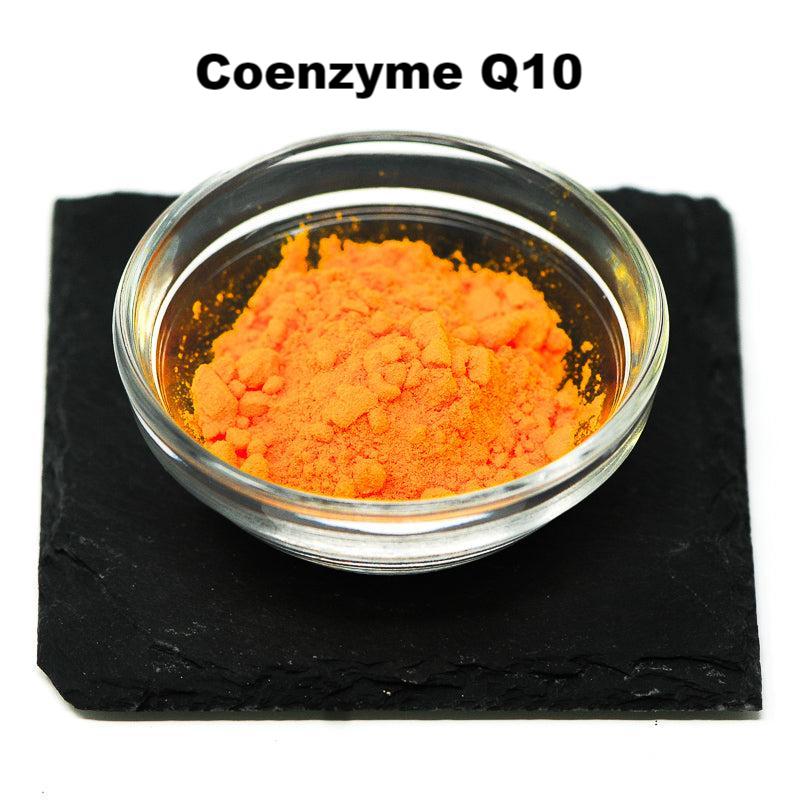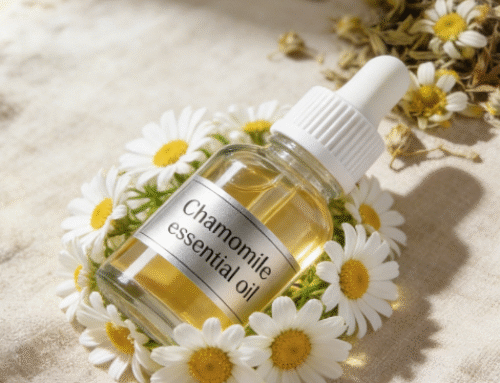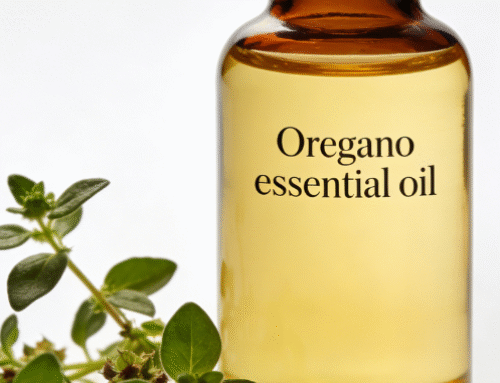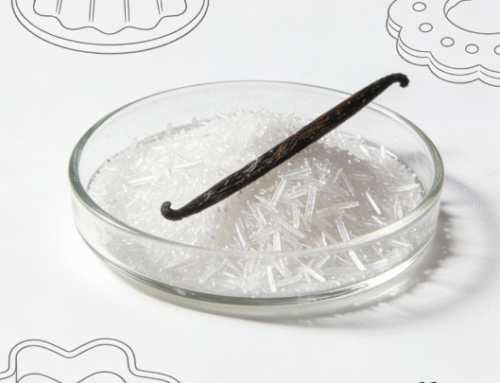Coenzyme Q10(COQ10): Beneficial to health
Coenzyme Q10 is found everywhere in your body, in almost every cell of your body. Perhaps that’s why it belongs to a class of molecules called ubiquinones. Since CoQ10 is widely distributed in your body, its benefits are widespread.
Q10 helps cells produce the energy your body needs for growth and health. Coenzyme Q10 also acts as an antioxidant, protecting you from damage caused by the energy-making process it is also involved in.
But you can’t rely on your body’s natural production of CoQ10 forever. As you age, its production decreases. Therefore, Q10 is a so-called conditionally necessary nutrient in some cases; and this case is age. Therefore, it is important to maintain optimal levels of CoQ10.
What is COQ10? How much do you know.
Coenzyme Q10: a premium antioxidant
Coenzyme Q10 is a ubiquitous molecule found everywhere in the human body, and that’s good news! Because it acts as a powerful antioxidant. By definition, almost any molecule in your body that releases and accepts electrons acts like an antioxidant.
Excess CoQ10 in your body (those molecules not involved in energy production) can shuttle through various membranes in your body to provide antioxidant protection.
It fights oxidation in your body just like any other antioxidant. Coenzyme Q10 can accept or release electrons to neutralize free radicals. (Similar to its role in electron transfer in energy production), this helps balance the highly reactive by-products of these different processes.
Benefits of using COQ10.
Coenzyme Q10 is one of the important antioxidants that helps protect your cells and body structure. Maintaining adequate concentrations of CoQ10 in your body helps support the proper balance between free radicals and antioxidants (yes, your body actually needs some free radicals to maintain a healthy balance). This is especially important as you get older. Because as you age, oxidative stress and oxidative damage become more common, and your body produces less CoQ10.
Other benefits of Coenzyme Q10 to the human body
Q10 is found everywhere in your body, so it supports overall health, often as an antioxidant. But it’s found in high amounts in some of your body’s hardest-working organs, including the heart, liver, kidneys and pancreas; these are also where metabolism and energy demands are highest.
As we age, how do we supplement COQ10?
Coenzyme Q10 is commonly found in fatty cold-water fish. This is because CoQ10 is fat-soluble. Next time you’re at the market for seafood, choose fatty fish such as tuna, salmon, herring, or mackerel. The American Heart Association recommends eating 5 ounces of cooked, fatty fish at least twice a week. This new staple not only boosts your Q10 levels, but also provides heart-healthy omega-3 fatty acids.
Coenzyme Q10 is not only found in marine proteins, but also in beef and even chicken. But for the same portion, beef provides twice as much CoQ10 as poultry.
Various nuts and seeds also provide significant amounts of CoQ10. While they don’t contain as much as fatty fish and beef, the nut content is still significant. Consider nuts as a midday snack at work, or add some sesame seeds or pistachios to a green salad for extra nutrients.
Among some other vegetable oils, soybean and canola oil provide satisfactory Q10 content. When you go shopping for oils, consider switching to these occasionally to increase the amount of CoQ10 in your system.
After studying here, do you know more about coenzymes?
Welcome to xi’an herb bio to experience more.





Leave A Comment